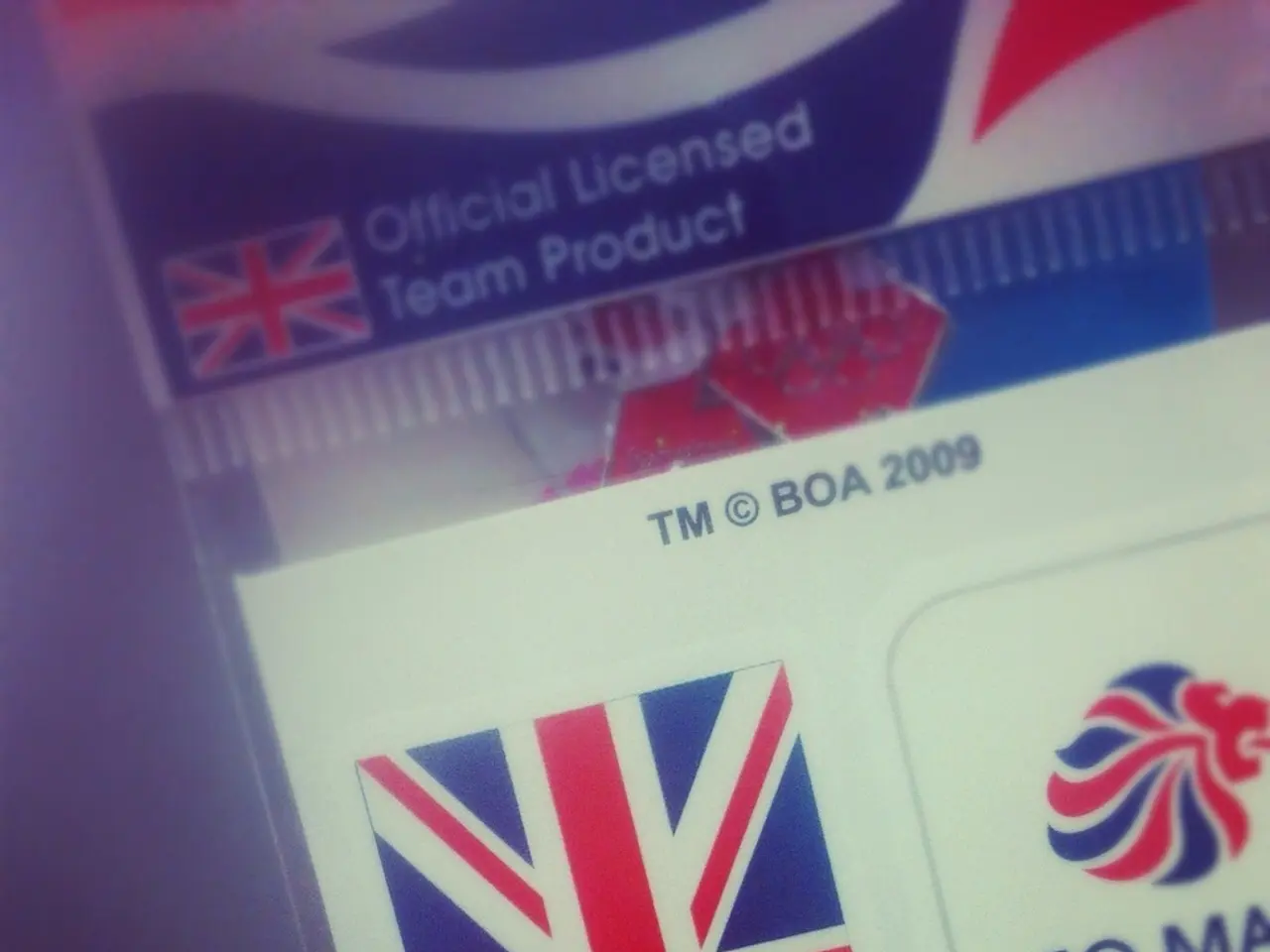23andMe earned massive profits by distributing your genetic information - yet, what true value does DNA genuinely hold?
In the realm of DNA testing, the value of an individual's exome has undergone a significant transformation over the past two decades. This transformation is largely attributed to the advancements in technology and the growing integration of genomic sequencing in clinical diagnostics and population health.
Whole Exome Sequencing (WES), a method for storing genetic data of a human being, is encapsulated in a Variant Call Format (VCF) file. The current value of an individual's exome is indirectly reflected by the market value and costs associated with WES. As of 2024, the global WES market was valued at approximately $367 million, with a strong growth trajectory projected to reach about $773 million by 2031, growing at a compound annual growth rate (CAGR) of around 11.4% during 2025-2031.
Compared to whole-genome sequencing (WGS), exome sequencing is typically cheaper. While specific costs can vary, WES generally costs several hundred dollars per test, reflecting its focused scope on coding regions compared to the broader WGS. In 2024, WGS costs fell dramatically to under $500 per genome, and further pricing reductions below $100 for whole-genome sequencing were achieved by late 2024.
Looking back, the cost of sequencing an entire genome was enormously expensive in the early 2000s. The Human Genome Project, completed in 2003, cost approximately $6 billion, and individual sequencing costs were in the tens to hundreds of millions. However, technological advances like next-generation sequencing (NGS) drastically lowered prices, making genomic sequencing, including exome sequencing, increasingly accessible.
The falling costs and expanding medical applications have fueled the demand and market value for WES. This is particularly evident in the oncology field, where genomic tests are linked with targeted therapies. As a result, the individual exome's value in the DNA testing market has evolved from an extraordinarily high-cost specialty service to a more affordable, scalable, and clinically essential diagnostic tool.
In the world of DNA testing services, companies like Genomes.io and 23andMe have emerged, offering personalised genetic information to individuals. Genomes.io, for instance, allows individuals to sequence their DNA, run health and ancestry reports, and store their information in a personal "vault". Meanwhile, 23andMe users have the option to opt-out of making their data available for research in perpetuity following the sale.
Ernst Hafen, a geneticist who co-founded The Genetics Company in the late 1990s, emphasises the value of DNA samples comes from context and scale. Hafen's research focused on studying the DNA of fruit flies as a model for human beings. He currently helps lead an initiative in Sweden to consolidate medical data in one secure location controlled by patients.
The value of an individual's exome, as estimated by Hafen, is around $20. In 2018, 23andMe made a major deal with GlaxoSmithKline, selling access to the DNA samples of over 5 million people. This deal allowed de Pape, the founder of Genomes.io, to calculate that an individual's exome was worth about $60 in 2018.
However, it's important to note that the value of DNA samples can vary significantly depending on the context and the scale of the data. For instance, the private equity firm Blackstone acquired Ancestry.com for 4.7 billion dollars in 2020, which equated to about $250 per exome.
In conclusion, the individual exome's value in the DNA testing market today is tied to the cost-effectiveness of exome sequencing and the expanding market driven by falling costs and growing clinical demand. This represents a sharp value evolution over the past two decades, transforming DNA testing from a high-cost, research-focused field to a clinically essential and increasingly accessible diagnostic tool.
- The market value of an individual's exome is a reflection of the cost-effectiveness of Whole Exome Sequencing (WES), as witnessed by the growing global WES market, projected to reach $773 million by 2031, largely attributable to advancements in technology and the rising integration of genomic sequencing in medical-conditions diagnosis and health-and-wellness management.
- The value of an individual's exome can vary significantly based on the context and scale of the data, as illustrated by the acquisition of Ancestry.com for $4.7 billion in 2020, equating to approximately $250 per exome, showcasing the potential economic significance of DNA testing in the technology-driven health-and-wellness industry.




